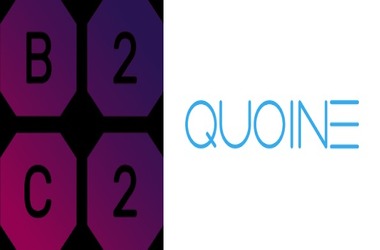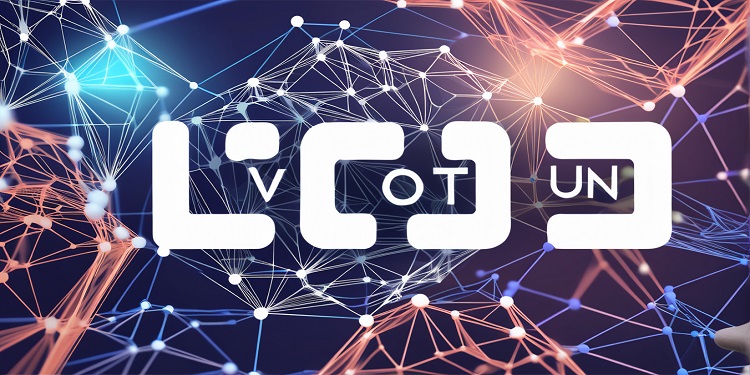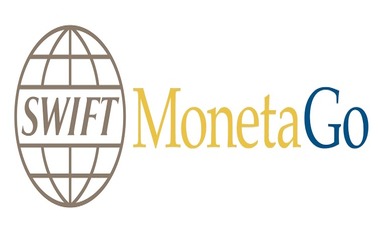 The trial for the first litigation in Singapore involving the crypto currency Bitcoin began on 21 November, when a court was expected to decide whether a number of transactions carried out in April last year had been wrongly reversed, resulting in proceedings being withdrawn without permission.
The trial for the first litigation in Singapore involving the crypto currency Bitcoin began on 21 November, when a court was expected to decide whether a number of transactions carried out in April last year had been wrongly reversed, resulting in proceedings being withdrawn without permission.
In the case before the International Commercial Court of Singapore, the electronic market maker B2C2 is suing the crypto currency foreign exchange operator Quoine for a “unilateral cancellation” of seven transactions on its platform.
A market maker buys and sells financial instruments in the hope of making a profit from the distribution of bids. B2C2 aims to win back some 3,085 Bitcoins from Quoine, and in an introductory statement the lawyers argued that Quoine had tried to “abuse its role as a platform operator” and act as a “B2C2 custodian” as a “breach of trust”.
A team of lawyers led by Danny Ong of Rajah & Tann represents B2C2, while Quoine is represented by a team headed by Paul Ong of Allen and Gledhill. There was no dollar amount in the court documents received by The Straits Times, but according to the prices quoted by the crypto currency news site, the amount in dispute exceeds $ 14 million ($19 million). The potential value rose at the end of last year after Bitcoin’s rapid rise exceeded $ 11,000 at some point.
The plaintiff argues as follows
“It is B2C2’s contention that in the face of serious risk of itself having to bear the financial loss arising from the trades… Quoine chose the most advantageous course to mitigate such risk – by simply reversing the ‘irreversible’ trades and deducting the bitcoin proceeds from the account.”
The plaintiff further said “There would then be no necessity for Quoine to seek payment from (its customers) and if they were unable or refused to pay, to shoulder the financial risk itself and be ‘out of pocket’ for the bitcoin proceeds.”
Quoine pointed out that a disruption of the supply programme which led to the controversial trade led it ‘not to have access to external market price data’ for the two crypto currencies in question, Ethereum and Bitcoin. Due to the interruption, the program stopped creating or placing new orders for these currencies on the platform, resulting in liquidity problems and consequently B2C2 order problems.
The defendant argued “There is no other way than to describe these orders as abnormally and absurdly priced orders, given that they were about 250 times higher than the average price at which (the two currencies) then traded on the platform.”
B2C2 placed its seven orders to sell Ethereum for Bitcoin at a rate of 10 Bitcoins for one Ethereum on 19 April last year. The trade was cancelled the next day without the permission of B2C2. While B2C2 argues that nothing in Quoine ‘s previous terms would allow it to withdraw the execution of an order or a resulting transaction, Quoine quotes a risk warning statement stating that any transaction’ assuming a different value’ may be cancelled.
B2C2 also argues that under its agreement with Quoine, Quoine would hold virtual currency balances as a “trust custodian” and would not be withdrawn or revoked without prior consent. On Wednesday, B2C2 co – founder Maxime Boonen was asked whether a market maker like his company should play a role in promoting a fair and orderly market and keeping exchange rates stable. Mr Boonen did not agree that prices should be as they are and did not decide what they should be.
Paul Ong also tried to show that B2C2 has agreed to terms that allow the exchange to correct error-related trades. He referred to the terms and conditions of other exchanges traded by B2C2 and pointed out that they contained clauses allowing them to cancel acceptance of orders if they were found to be ‘erroneous’ or ‘market abuse’.
Boonen admitted that B2C2 was likely to trade with some exchanges on such terms, but argued that in Quoine ‘s case it would not have agreed to these terms and conditions. Negotiations are expected to end next week and Mario Antonio Gomez Lozada, Chief Technology Officer of Quoine, will take the stand.








